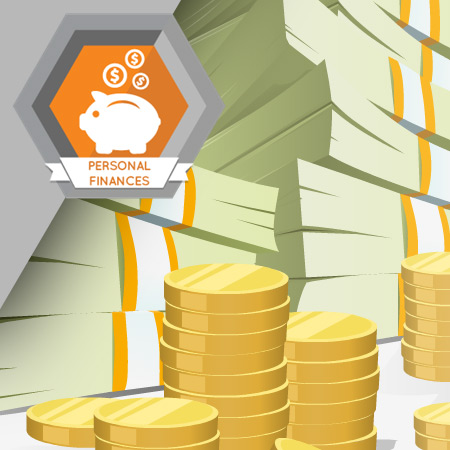
When you work, you earn compensation. This course defines three categories of compensation: monetary, deferred, and non-monetary compensation.
Learning Objectives
- Explain monetary compensation
- Define gross pay, deductions, and net pay
- Describe the benefits of direct deposit
- Explain deferred compensation
- Explain non-monetary compensation

Banks and credit unions offer a wide variety of financial services. This course discusses many of the financial services that you will use.
Learning Objectives
- Define a bank and a credit union
- Describe the financial services offered by banks and credit unions
- Describe the power of compound interest
- Explain the rule of 72
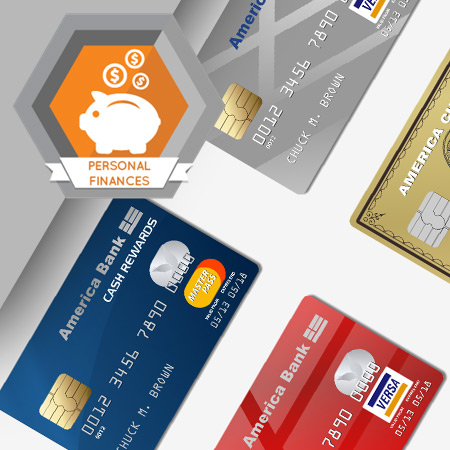
Credit cards are a convenient method of making purchases. Before going into debt with a credit card, you should know the ins and outs of how they work.
Learning Objectives
- Define credit cards
- Define revolving credit
- Understand how point-of-sale transactions work
- Describe how a credit card issuer makes money
- Define interest
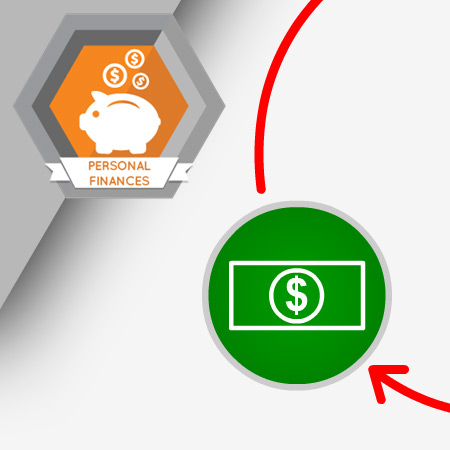
At some point in your life, you will probably take out a loan to pay for college, buy a car, or make another purchase. This course describes different types of loans and defines terminology associated with loans.
Learning Objectives
- Define terms associated with loans, including principal, interest, and term
- Describe a student loan
- Describe an automobile loan
- Describe a mortgage
- List what is typically included in a mortgage payment
- List different types of mortgages
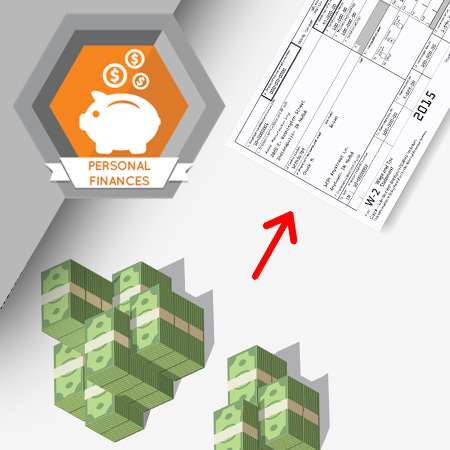
When you apply for credit, a potential lender uses your credit reports and credit scores to help determine whether to approve your application. Because your credit reports and credit scores are used frequently, it is essential you understand them.
Learning Objectives
- List the three main credit bureaus
- Describe who uses your credit history
- Describe credit reports
- Describe credit scores
- Define identity theft
- List steps for responding to identity theft
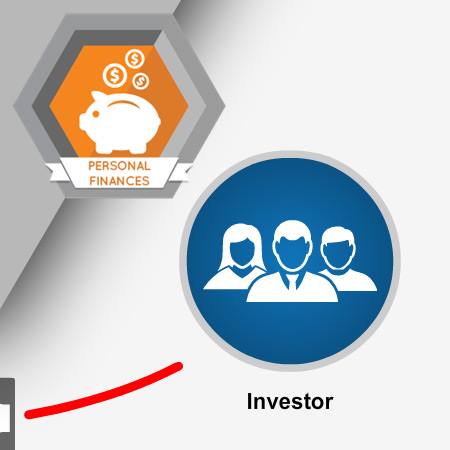
Prudent investing can help you build wealth. This course introduces options for investing.
Learning Objectives
- Describe money market instruments, bonds, and stocks
- Describe mutual funds
- Define risk tolerance
- Define asset allocation
- Explain how inflation impacts your purchasing power

Taxes are collected by the federal, state, and local government to pay for road repairs, schools, and other services. This course discusses the various taxes you pay.
Learning Objectives
- Define Social Security and Medicare taxes
- Describe property taxes
- Describe sales taxes
- Describe capital gains taxes
- Describe income taxes
- Define marginal tax rate and effective tax rate
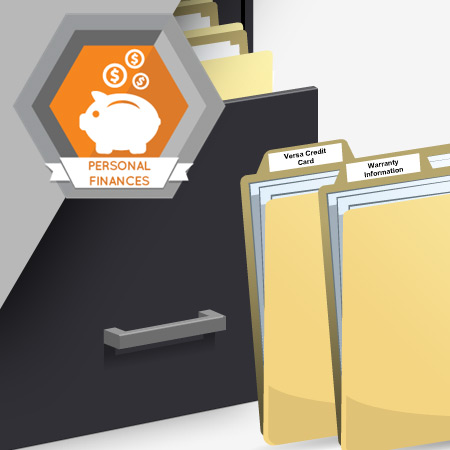
You will have many paper and electronic records for your personal financial transactions. Knowing what to keep, and for how long, will help you organize your files.
Learning Objectives
- Explain the need for paper and electronic filing systems
- List how long to keep tax returns and related documents
- List how long to keep investment documents
- List how long to keep loan documents
- List how long to keep estate planning documents
- List how long to keep home ownership records
- List how long to keep vehicle documents
- List how long to keep passports
